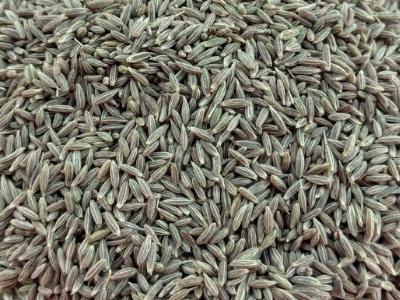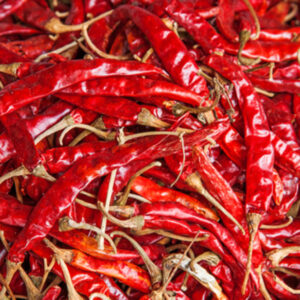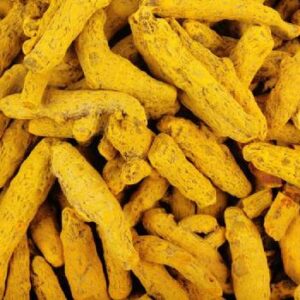Cumin seeds are a spice commonly used in cooking, particularly in Indian, Middle Eastern, and Mexican cuisines. The seeds are the dried fruit of the Cuminum cyminum plant, which is native to the Mediterranean region and parts of India.
Cumin seeds are small and elongated, with a distinctive shape and a warm, earthy flavor. They are often used whole or ground in spice blends, and can be found in a variety of dishes, including curries, soups, stews, and chili. Cumin seeds can also be used to make teas and infusions, and are sometimes used in traditional medicine practices.
Cumin seeds are a rich source of nutrients, including iron, magnesium, and vitamin B6. They also contain antioxidants and other compounds that may have health benefits, including anti-inflammatory and digestive properties. Some studies suggest that cumin seeds may help to improve blood sugar control, reduce cholesterol levels, and support healthy digestion.
In addition to their use in cooking, cumin seeds have a long history of use in traditional medicine practices. They have been used to treat a variety of conditions, including diarrhea, flatulence, and menstrual disorders. Some studies suggest that cumin seeds may also have antibacterial and antifungal properties.
In conclusion, cumin seeds are a versatile and flavorful spice that are commonly used in a variety of cuisines around the world. They are a good source of nutrients and may offer a range of health benefits, including anti-inflammatory and digestive properties. Whether used to add flavor to a dish or as part of a traditional medicine practice, cumin seeds are a valuable and beloved ingredient in many cultures.



